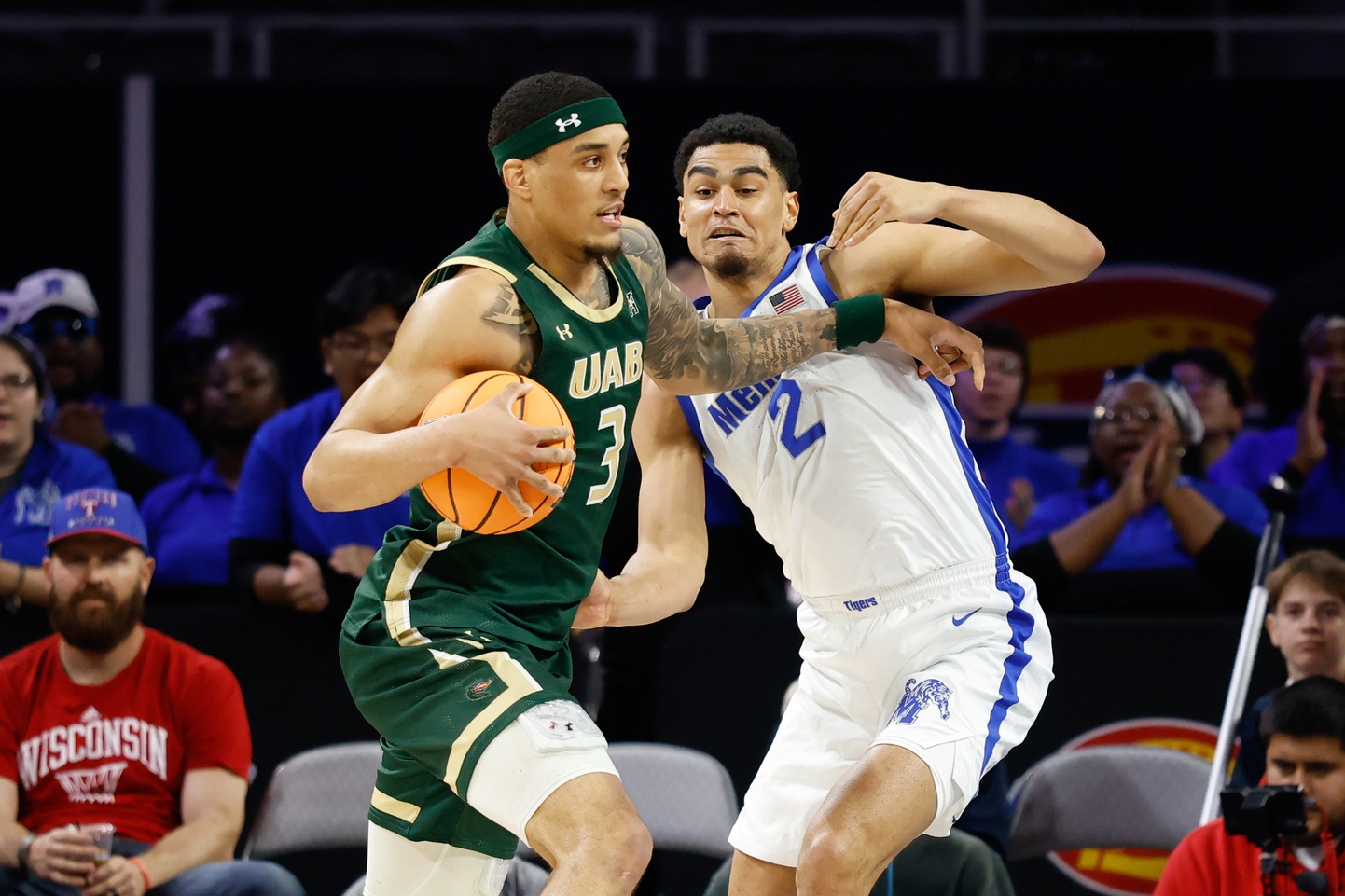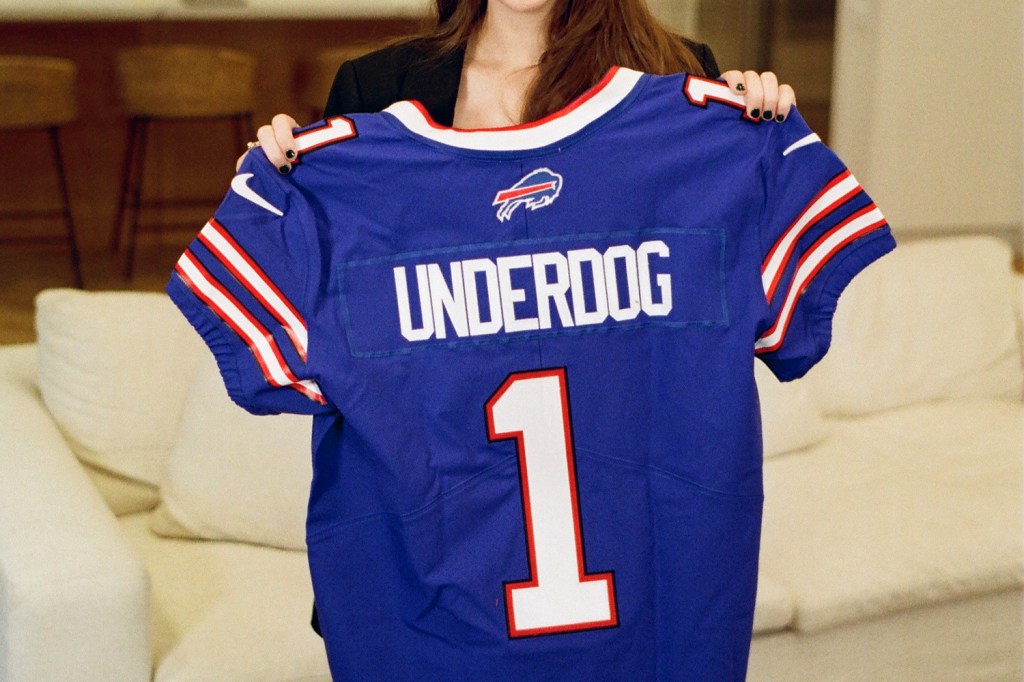The NBA draft is down on participants. Only 106 players entered the draft this year, according to the league, which marks the lowest number of early entrants since 2015.
The number of early draft entrants peaked in 2021 with 363, which came months before college athletes were able to monetize their name, image and likeness.
The NBA isn’t the only league experiencing the decline of players going pro.
In April, the NFL Draft had just 69 underclassmen in its draft, down from 128 in 2021, the final draft before NIL (name, image, and likeness) went mainstream in colleges. The number was an increase from the 58 underclassmen who declared in 2024, but still paled in comparison to the pre-NIL numbers.
The decline in underclassmen leaving school early can at least in part be attributed to players taking the money in front of them instead of what they could potentially get. NIL deals lack regulation, but professional draft picks have no say in where they are taken and the money that comes with their pick. (The House v. NCAA settlement, still yet to be approved, establishes an NIL clearinghouse, which will oversee approving NIL deals.)
Browns quarterback Shedeur Sanders lost roughly $40 million in potential salary after falling from a potential top-five pick to the fifth round of the draft and will make $4.6 million over his four-year rookie contract, which is a stark pay cut from the seven figures he reportedly made in NIL deals at Colorado.
On Tuesday, Michigan center Yaxel Lendeborg, who was widely projected as a late first-round pick, announced he was returning to the Wolverines for his senior season, marking another draft prospect who withdrew to earn NIL money over the draft. Florida center Alex Condon followed shortly after, returning for his junior season, which increased the national champion Gators’ chances at repeating.
One NBA front office executive told Front Office Sports that the withdrawals are centered around a certain part of the draft—the middle—partially because players lose the rookie wage scale after the 30th pick, while second-round picks have the ability to sign for any amount of money.
“The influx of NIL money has made it so that fringe first-round guys are less inclined to keep their name in the draft, thus minimizing the pool,” the executive said. “This year, more kids are inclined to take the money in front of them instead of gambling on their draft status.”
The executive was hesitant to declare the situation a trend, though. The House settlement will bring revenue sharing to college athletics, and could lead to caps on NIL deals. It could mean more fringe draft picks will roll the dice on the pros in the coming years.
A front office executive from another team agreed, adding that the players are the biggest winners in this scenario, either netting more money in college or better positioning in the pros.
“I think the House settlement needs to be finalized, but this could be the new norm,” the executive tells FOS. “With less talent, it will push people up the board. NIL changed the game.”






![[Subscription Customers Only] Jun 15, 2025; Seattle, Washington, USA; Botafogo owner John Textor inside the stadium before the match during a group stage match of the 2025 FIFA Club World Cup at Lumen Field.](https://frontofficesports.com/wp-content/uploads/2026/02/USATSI_26465842_168416386_lowres-scaled.jpg?quality=100&w=1024)
![[Subscription Customers Only] Jul 13, 2025; East Rutherford, New Jersey, USA; Chelsea FC midfielder Cole Palmer (10) celebrates winning the final of the 2025 FIFA Club World Cup at MetLife Stadium](https://frontofficesports.com/wp-content/uploads/2026/02/USATSI_26636703-scaled-e1770932227605.jpg?quality=100&w=1024)









